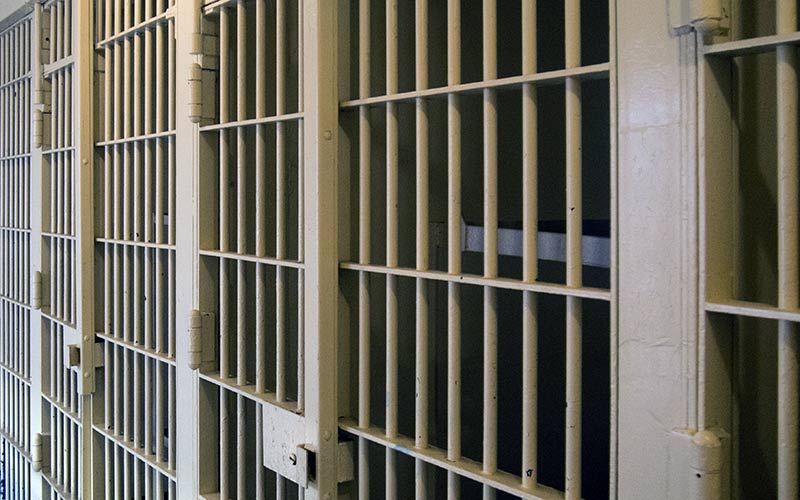The Release of Marc Fogel: A Diplomatic Breakthrough
On February 11, 2023, the Kremlin announced the release of Marc Fogel, an American schoolteacher who had been imprisoned in Russia since August 2021. Fogel’s release was made possible through a diplomatic deal negotiated by Steve Witkoff, a special envoy to the Middle East under former U.S. President Donald Trump. The teacher, a history educator from Pennsylvania, was arrested at a Russian airport for possessing marijuana, which his family and supporters claimed was prescribed for medical use. Despite these claims, Fogel was sentenced to 14 years in prison. The details of the exchange remain classified, but the release marks a significant diplomatic achievement, especially given the strained relations between the U.S. and Russia.
The Arrest and Imprisonment of Marc Fogel
Marc Fogel’s ordeal began in August 2021 when he was detained at a Russian airport for carrying a small amount of marijuana. His family and supporters have consistently maintained that the substance was legally prescribed for medical purposes. However, Russian authorities rejected these claims, and Fogel was subsequently sentenced to 14 years in prison. The harsh sentence shocked many, as similar offenses in other countries often result in far less severe penalties. Fogel’s case drew attention not only because of the severity of the sentence but also because it highlighted the challenges faced by foreign nationals in Russia’s judicial system.
The Exchange Deal and Diplomatic Efforts
The release of Marc Fogel was facilitated by a prisoner exchange deal negotiated by Steve Witkoff, a businessman and special envoy appointed by former President Donald Trump. Witkoff reportedly flew to Moscow to secure Fogel’s release and accompanied him out of the country on his private plane. This marked the first known visit by a U.S. official to Moscow since 2021, underscoring the significance of the diplomatic engagement. The terms of the exchange remain undisclosed, but U.S. National Security Adviser Mike Waltz described the deal as a "show of good faith" by the Russians, suggesting it might pave the way for further diplomatic progress.
The Family’s Advocacy and Gratitude
Marc Fogel’s family played a crucial role in advocating for his release. They pushed for his classification as "unjustly detained," a designation that typically implies active diplomatic efforts to secure the individual’s freedom. In December 2024, the U.S. government officially classified Fogel as unjustly detained, intensifying efforts to bring him home. The family expressed deep gratitude to former President Trump and Steve Witkoff for their involvement in the negotiations. In a statement, they said, "We are beyond grateful, relieved, and overwhelmed that after more than three years of detention, our father, husband, and son, Marc Fogel, is finally coming home."
Broader Implications for U.S.-Russia Relations
The release of Marc Fogel comes against the backdrop of heightened tensions between the U.S. and Russia, particularly since the start of the full-scale war in Ukraine in 2022. The U.S. has accused Russia of arresting American nationals with the intent of using them as bargaining chips in future prisoner swaps. Several U.S. citizens remain detained in Russia, facing lengthy sentences or awaiting trial. Fogel’s release, therefore, represents a rare instance of cooperation between the two nations. The deal has also been interpreted as a potential sign of progress in Trump’s efforts to broker a peace agreement between Russia and Ukraine, though the Kremlin has not confirmed any direct conversations between Trump and Russian President Vladimir Putin.
The Context of U.S.-Russia Prisoner Exchanges
Marc Fogel’s case is part of a larger pattern of prisoner exchanges between the U.S. and Russia, which have often been politically charged. In August 2024, for instance, a high-profile swap secured the release of Wall Street Journal reporter Evan Gershkovich and corporate security executive Paul Whelan, but Fogel was not included in that deal. His exclusion prompted renewed efforts by his family and U.S. officials to secure his freedom. The success of these efforts highlights the complex and often opaque nature of diplomatic negotiations, where individual cases can become intertwined with broader geopolitical strategies. Fogel’s release serves as a reminder of the human cost of international conflicts and the importance of continued diplomatic engagement to resolve such cases.












